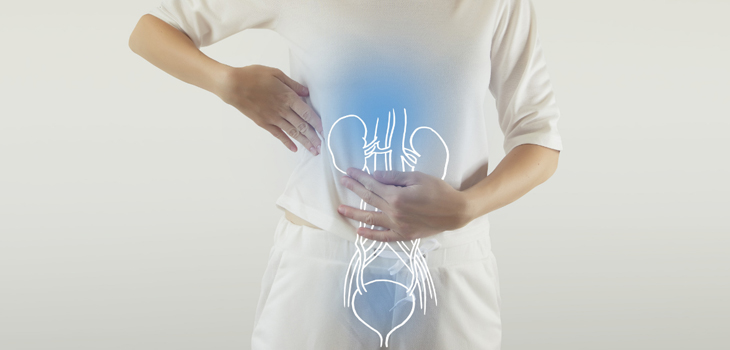
A urinary tract infection (UTI) is an infection in any part of your urinary system — your kidneys, ureters, bladder, and urethra. Most infections occur in the lower urinary tract — the bladder and the urethra.
Compare to Men, Women are at greater risk of developing a UTI. Infection limited to your bladder can be painful and annoying. However, serious consequences can occur if a UTI spreads to your kidneys.
Symptoms
- A burning sensation when urinating
- A frequent or intense urge to pee
- Cloudy, dark, bloody, or strong-smelling pee
- Passing frequent, small amounts of urine
- Feeling tired or shaky
- Fever or chills (a sign that the infection may have reached your kidneys)
- Pain or pressure in your back or lower abdomen
Types of UTIs
An infection can happen in different parts of your urinary tract. Each type has a different name, based on where it is.
Cystitis (bladder): You might feel like you need to pee a lot, or it might hurt when you pee. You might also have lower belly pain and cloudy or bloody urine.
Pyelonephritis (kidneys): This can cause fever, chills, nausea, vomiting, and pain in your upper back or side.
Urethritis (urethra): This can cause a discharge and burning when urinating
Reasons for UTI
Large numbers of bacteria live in the area around the vagina and rectum, and also on your skin. Bacteria may get into the urine from the urethra and travel into the bladder. They may even travel up to the kidney. But no matter how far they go, bacteria in the urinary tract can cause problems.
Some factors that can add to your chances of getting a UTI are:
Body Factors
Some women are genetically predisposed to UTIs and have urinary tracts that make it easier for bacteria to cling to them. Sexual intercourse can also affect how often you get UTIs.
Birth Control
Women who use diaphragms have also been found to have a higher risk of UTIs when compared to those who use other forms of birth control.
Abnormal Anatomy
Anatomical abnormalities in the urinary tract may also lead to UTIs. These abnormalities are often found in children at an early age but can still be found in adults. There may be structural abnormalities, such as outpouchings called diverticula, that harbor bacteria in the bladder or urethra or even blockages, such as an enlarged bladder, that keep the body from draining all the urine from the bladder.
Immune System
Issues such as diabetes (high blood sugar) also put people at higher risk for UTIs because the body is not able to fight off germs as well.
Contact your doctor if you have any signs and symptoms of a UTI.
